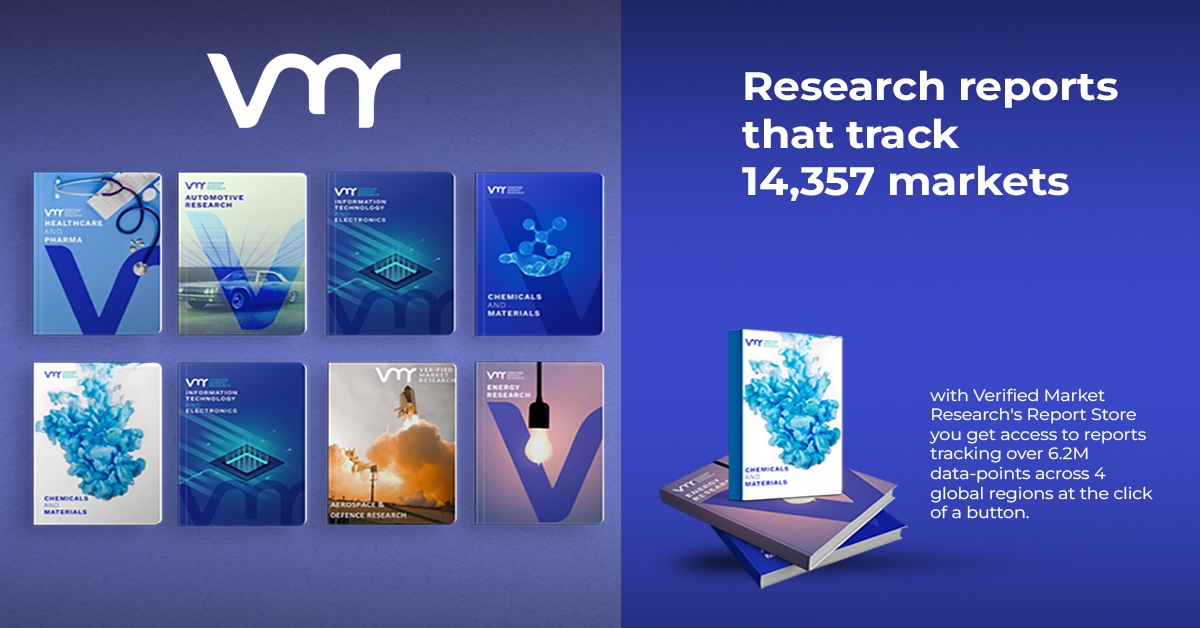Key Developments in the Direct Deposit Payroll Software Market for 2024
The Direct Deposit Payroll Software market continues to evolve, driven by advancements in technology, changing workforce demands, and shifting regulatory landscapes. Here’s a detailed exploration of the latest trends and developments shaping this dynamic sector.
The Rise of All-in-One HR Solutions
Modern businesses increasingly favor integrated human capital management (HCM) systems that combine payroll with other HR functionalities. These comprehensive platforms streamline processes, reduce data redundancy, and provide a seamless user experience. This shift reflects the growing need for solutions that not only process payroll but also integrate time tracking, benefits administration, and compliance management. Vendors like ADP and Workday lead the charge in providing such robust, user-friendly systems
.
Emphasis on Automation and Artificial Intelligence (AI)
AI is revolutionizing payroll software by enhancing efficiency and accuracy. AI-enabled platforms can automatically update compliance requirements, detect anomalies in payroll data, and provide actionable insights to HR professionals. This reduces administrative burden and ensures adherence to ever-changing regulations. For example, automated tax filing features in solutions like RUN by ADP simplify tax compliance, a critical pain point for businesses
.
Growing Demand for Mobile Accessibility
The demand for mobile-compatible payroll solutions is surging, reflecting a workforce that increasingly operates remotely or on the go. Mobile apps now enable employees and administrators to process payroll, access pay stubs, and manage tax information seamlessly from their devices. Enhanced mobile features, such as time tracking and payment adjustments, improve usability and cater to a digitally savvy workforce
Expansion of Payment Options
Traditional payment methods like direct deposits are now complemented by innovative alternatives, including cryptocurrency payments. While not yet mainstream, the incorporation of digital currencies like Bitcoin into payroll systems is on the horizon. These systems allow businesses to stay ahead in offering flexible and diverse payment options, catering to a younger workforce more open to digital currencies
Adapting to the Gig Economy
The payroll software industry is evolving to address the complexities of non-traditional work arrangements. Gig workers and freelancers often have unique payment and benefits needs. Advanced payroll platforms are now better equipped to handle these requirements, including calculating taxes for independent contractors and managing benefits for part-time or project-based workers. These features are crucial as the gig economy continues to grow
Compliance and Globalization
Regulatory compliance is a cornerstone of payroll management. With businesses expanding across borders, payroll software must account for diverse laws and tax regulations globally. Automation plays a pivotal role here, enabling real-time updates on wage laws and tax codes. This ensures that companies remain compliant while managing international workforces
Key Features Shaping the Market
Enhanced Reporting and Analytics
Payroll software is leveraging analytics to provide detailed reports that help businesses make informed decisions. Popular platforms allow customizable reports for tracking payroll costs, liabilities, and employee compensation trends. These insights are particularly valuable for aligning payroll strategies with broader business goals.
User-Friendly Interfaces
Modern payroll systems prioritize intuitive designs to cater to users with limited technical expertise. Platforms like RUN by ADP stand out for their streamlined interfaces, which facilitate quick payroll processing and minimize errors
Self-Service Functionalities
Employee self-service features are increasingly common, allowing individuals to access pay stubs, update personal details, and manage tax information independently. This reduces administrative workload and empowers employees to manage their payroll data proactively
Challenges in the Market
While innovations abound, challenges persist. Businesses often encounter difficulties in implementing new systems, particularly when upgrading from standalone payroll software to integrated HCM solutions. Cost is another significant barrier, especially for small businesses with limited budgets. Additionally, customer service quality remains a concern, with users citing long wait times for support from certain providers
Future Outlook
The Direct Deposit Payroll Software market is poised for sustained growth. Key drivers include:
- Increased Adoption of Cloud-Based Solutions: Cloud platforms offer scalability and flexibility, making them an attractive option for businesses of all sizes.
- Emergence of Blockchain: Blockchain technology could further enhance transparency and security in payroll processing.
- Focus on Sustainability: As companies emphasize ESG (environmental, social, governance) goals, payroll systems that track and report on sustainability metrics may gain traction.
In conclusion, the Direct Deposit Payroll Software market is undergoing significant transformation, aligning closely with technological advancements and evolving workforce needs. Businesses investing in modern payroll solutions can expect improved efficiency, compliance, and employee satisfaction, making these tools indispensable in today’s competitive landscape. For more details on the latest payroll software solutions, consult resources like SelectHub and Pymnts









